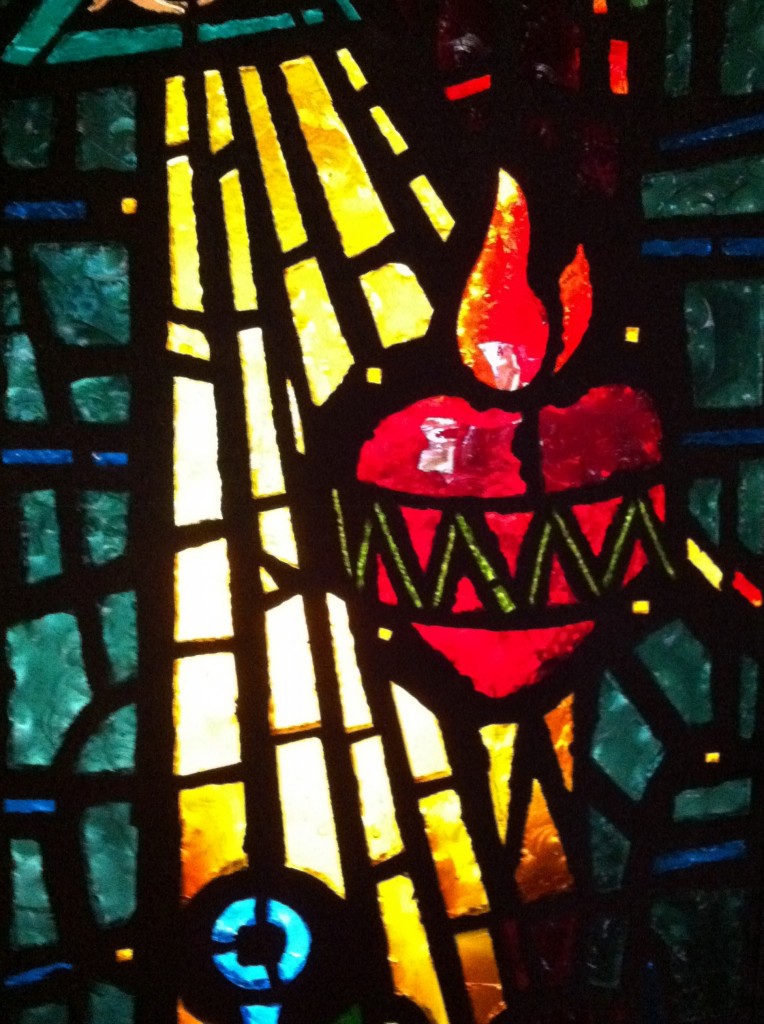Jesus teaches his followers to make their yes, yes and their no, no.
Sounds so easy, but is actually complicated in a host of ways.
Many things make demands on our lives and often conflict in the time, energy and life force that they require.
So how can we decide? In fact calling is a significant way to think not only – or even mostly – about vocation in the sense of work. Calling is a way to think about how we discern what we are to do in meeting many smaller decisions and demands. Discerning is another word for making a decision, but it is also sensing a larder direction or purpose which then guides smaller decisions.
Here, I don’t mean the trite ways I learned growing up to pray for the right parking space or for the sun to shine on your picnic. Those are mostly efforts to manipulate the world into a favorable stance for yourself, and treat God like a short-order cook. “I’ll take two eggs, bacon and a side of traffic free driving on the way to work this morning, God.”
What I think matters much more, is the basic way we handle ourselves in work, love, community and creation. Calling has a way of guiding us into living in each of these realms. And discerning that call is one of the most central tasks of living a life worth living. While we are young and growing up others make that call for us. They teach us (or don’t) about how to live and work and love and be with others and ourselves and live with the world as it is and hopefully see each of these as they might become.
With age and maturity comes the increased responsibility of discerning and deciding. This work is so challenging. It can’t possibly be done alone. Of course many try. I find myself trying on occasion.
++++++++
This week I’m working in Texas and interviewing pastors – some at the beginning stages, some many years into their work. We are meeting the pastors at a retreat center that is built on a model of Ignation spirituality. The best known work of Ignatius of Loyola (1491-1556), founder of the Society of Jesus (Jesuits) is a set of writings called “The Spiritual Exercises.” In these exercises he is recommending ways to discern calling and to make other decisions in a faithful way.
Many have taken from his writings a way of discernment of called ‘examen’ which is a method of looking back in order to look forward and see a direction or sense a calling. Here are some brief steps to engaging examen (there is no single way) 1) choose a time or situation that you wish to understand more deeply or spiritually.
2) hold that situation up and try to imagine how you are indifferent to it (in other words detach yourself from the possible interpretations you already assign the event or situation
3) when you have the time or circumstance in mind, and feel detached from its meaning, notice how the events fit into tone of these lists or the other:
Consolation Desolation
Sense of life and Spirit? where is the sense of death and absence of God?
of God not of God
bears fruit over time is dry and non-fruitful
gratitude remorse
joy anxiety
healing and fulfilling debilitating and exhausting
When you have considered this past moment, you may be able to see where the next calling is taking you. Then saying yes or no to the many callings in life will potentially grow in clarity. This sort of everyday reflection can be cultivated over time and in community to contribute to a greater sense of understanding God’s presence and calling in a host of ways.
God, help us have the courage to look back and look forward and see where you are calling us in all things small and large.
This post is the final in a series of advice for those considering a call to ministry.




